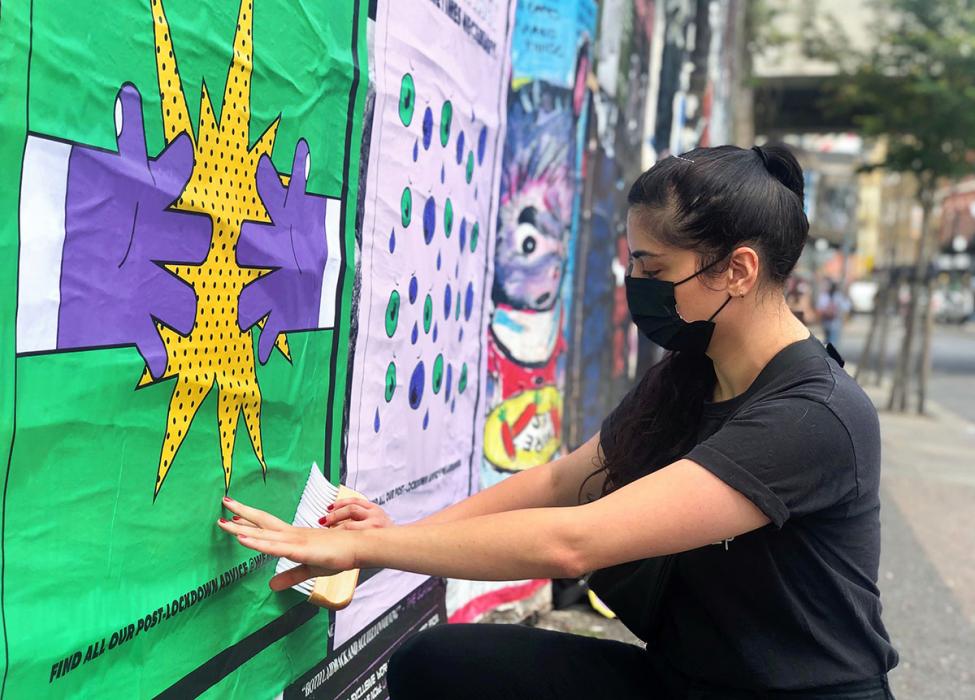
Photo from Unsplash
The Blavatnik School of Government is joining forces with other institutions for a £2m project to bridge research and policy to mitigate the impacts of COVID-19 and accelerate the UK’s recovery.
The International Public Policy Observatory (IPPO), funded by the Economic and Social Research Council (ESRC), is a collaboration between the University of Oxford’s Blavatnik School, UCL, Cardiff University, Queen’s University Belfast, and the University of Auckland, together with think tanks including the International Network for Government Science and academic news publisher The Conversation.
Through this global network, the IPPO will give UK policymakers access to resources, evidence and analysis of global policy responses to COVID-19, so that they can make better decisions when dealing with the impacts of the pandemic.
The IPPO collaboration will further expand the Blavatnik School’s work on tracking policy responses around the world through the Oxford COVID-19 Government Response Tracker, which has already become the primary information source worldwide for comparative information on what governments are doing in response to coronavirus.
Thomas Hale, Associate Professor of Global Public Policy at the Blavatnik School and principal investigator for the Oxford COVID-19 Government Response Tracker, said:
“The IPPO will help UK policymakers – from decision-makers in Whitehall to frontline staff in local authorities – rapidly learn from international best practice. By providing weekly updates on government response for over 180 countries, the Blavatnik School’s Oxford COVID-19 Government Response Tracker will ensure that this effort has the widest possible evidence base.”
With funding for the next two years, the IPPO will focus on a range of policy areas – from education to adult social care, from mental health to living online, and from community cohesion to the impact of the pandemic on BAME groups.
Professor Joanna Chataway of UCL, the IPPO’s principal investigator, said: “The COVID-19 pandemic has created unprecedented challenges for policymakers. The range and urgency of evidence they need is continuously growing, and if it’s not easily accessible this creates yet another hurdle in developing the measures we need to help society through the impacts of COVID-19.
"The IPPO will build lasting connections between policy and research experts from across the world and provide flexible and targeted insights on how best to address the UK’s response and recovery from the pandemic. Our aim is also to create a best-practice approach to connecting the worlds of policy and social science, especially during crisis and rapid change. Ultimately, evidence needs to reach those who need it.”
The IPPO is funded by a £2 million, two-year Economic and Social Research Council (ESRC) grant.



